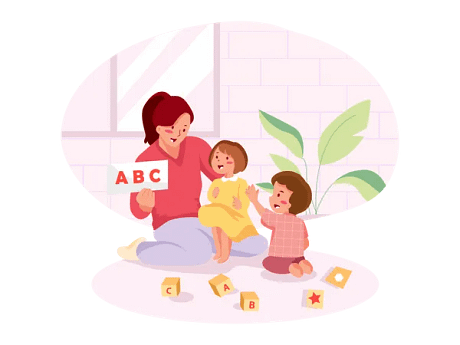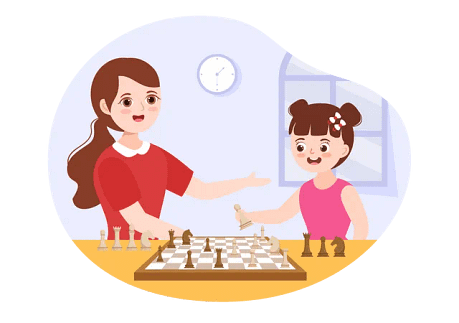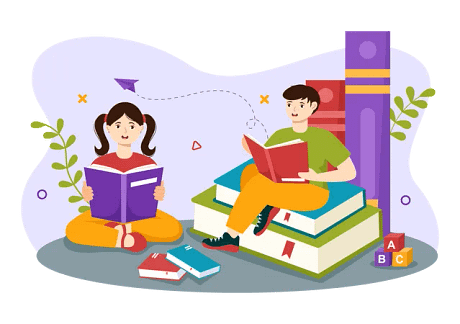
Central Processing Areas
Here are the key areas of processing that can be affected by learning disabilities:
- Visual processing
- Auditory processing
- Relational/Logical processing
- Conceptual/Holistic processing
- Processing speed
- Executive function

Visual Processing
This refers to how the brain processes visual information and includes skills like:
- Differentiating between visual stimuli
- Remembering visual details
- Filling in missing parts of a picture
- Visual-motor coordination
- Visualizing and imagining
- Organizing space (such as a room or desk)
Auditory Processing
This relates to how the brain processes sound, including the ability to:
- Distinguish between sounds
- Remember specific words or numbers
- Recognize common sound patterns
- Understand speech even when some sounds are missing
- Put together word parts


Relational/Logical Processing
This includes:
- Short-term memory for details
- Long-term retrieval of information
- Fine motor coordination
- Finding words for speech or writing
- Organizing thoughts and materials
- Writing mechanics (spelling, punctuation)
- Reading speed and decoding unfamiliar words
- Attention to detail
Conceptual/Holistic Processing
This involves:
- Memory for general themes or ideas
- Reasoning
- Spatial awareness
- General knowledge
- Hypothetical thinking
- Estimation and approximation
- Conceptual understanding
- Creativity and invention
- Reading comprehension


Processing Speed
Refers to how quickly the brain can process information:
- Short-term memory under time pressure
- Long-term recall under time pressure
- Speaking and recognizing words quickly
- Writing and reading speed
- Attention and reasoning under time pressure
- General reaction speed
Executive Functioning Skills
These skills include:
- Focusing on tasks
- Planning and anticipation
- Organizing thoughts and objects
- Following through and completing tasks
- Managing unstructured situations
- Adapting to changes in routine
- Controlling emotions











































